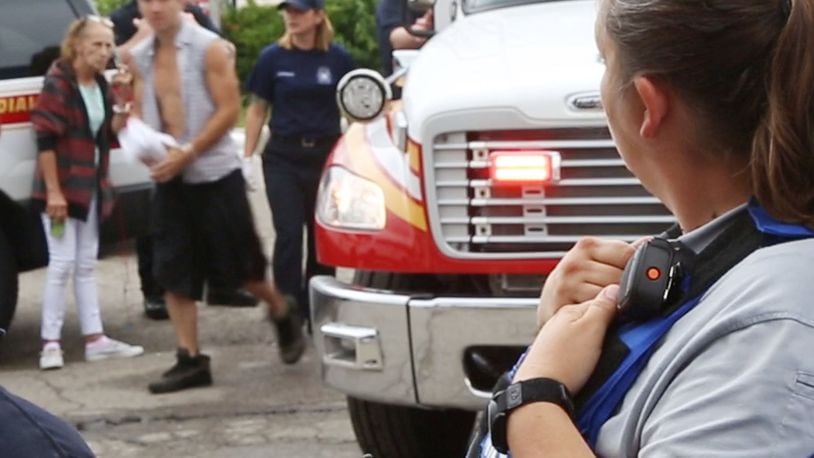Working as a treatment professional since 1973, I’ve created a program I call “The Dayton Model of Recovery” – it says there are five things that are important to know about addiction, and five things one must do in order to access full, long-term recovery.
» 10 change makers weigh in: How can Dayton recover from opioid crisis?
Briefly, the five things to know are: 1) The addicted one is sick, as in brain-based illness they do not choose. These are sick people who need to get well, not bad people who need to get good. 2) Loneliness and separation from others results from judgment, rejection, secrets, feeling misunderstood, and a general inability to successfully connect with others. 3) The afflicted one is unable to fix this on their own. It is not that they are unwilling. 4) Guilt is a big issue. There is a strong sense of, “I am doing ‘bad’ things.” 5) And then there is shame. “I am a bad person.” This shame is deep and lasting, only to be healed with a program of recovery. Toxic shame untreated can bring a person to the point of suicide.
» ANNOUNCEMENT: New team to investigate region’s biggest problems, search for solutions
The fix is found in what I call “The Big Five Values/Commitments of Recovery.” They are: 1) Sobriety, 2) Love, 3) Unity, 4) Growth, and 5) Spirituality. This is what recovery looks like. There are many variations in how we get there, and many individual options available within this framework. The most important thing is action around getting into a system of care, and insisting on care that adheres to these principles to ensure long-term, focused recovery.
» UNMATCHED COVERAGE: Can Dayton go from ‘overdose capital’ to a model for recovery?
About the Author
